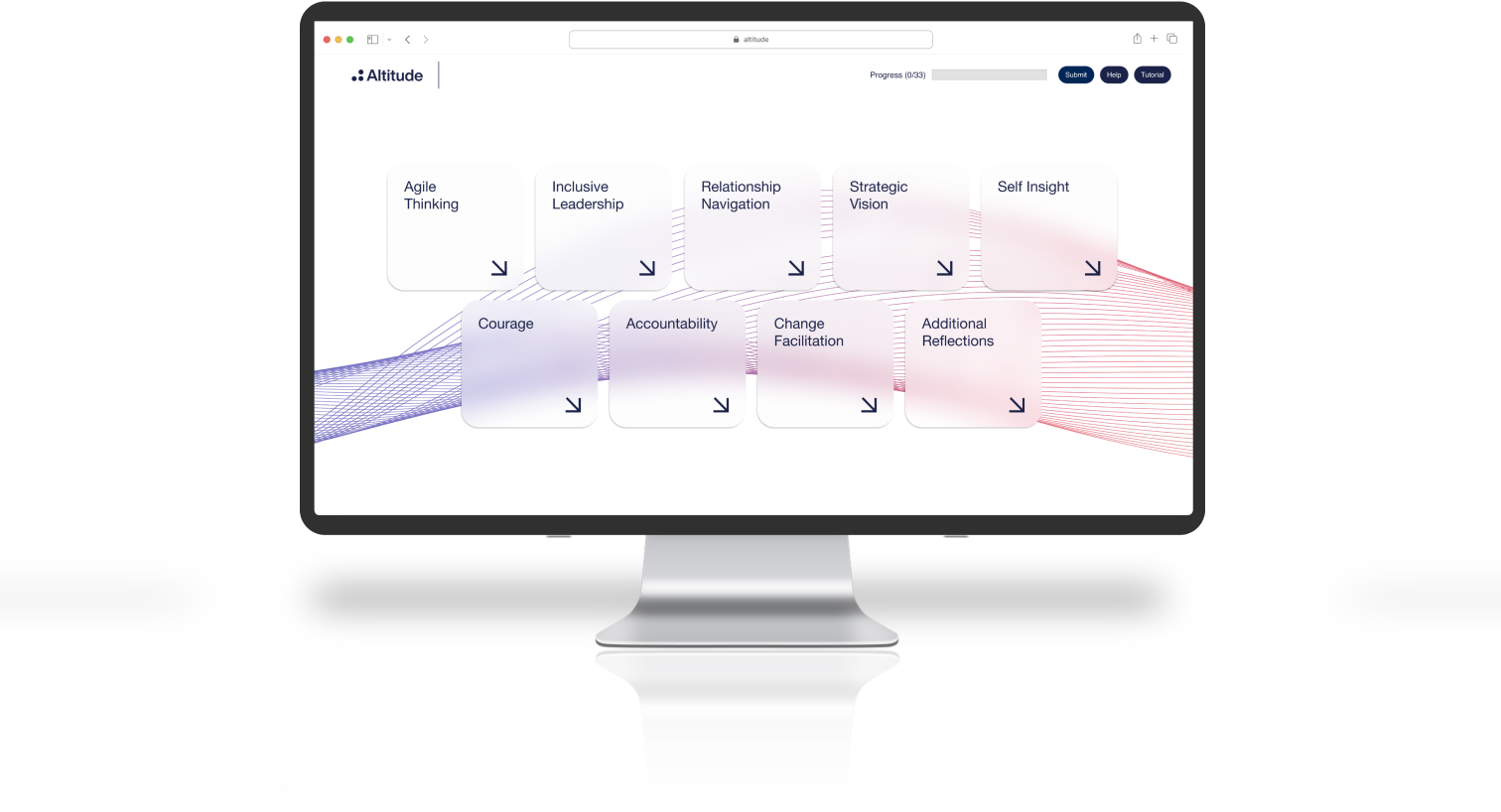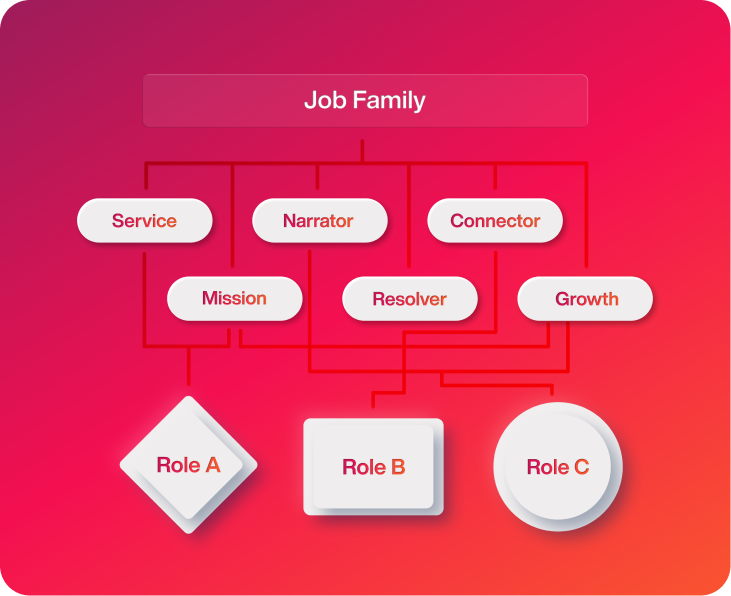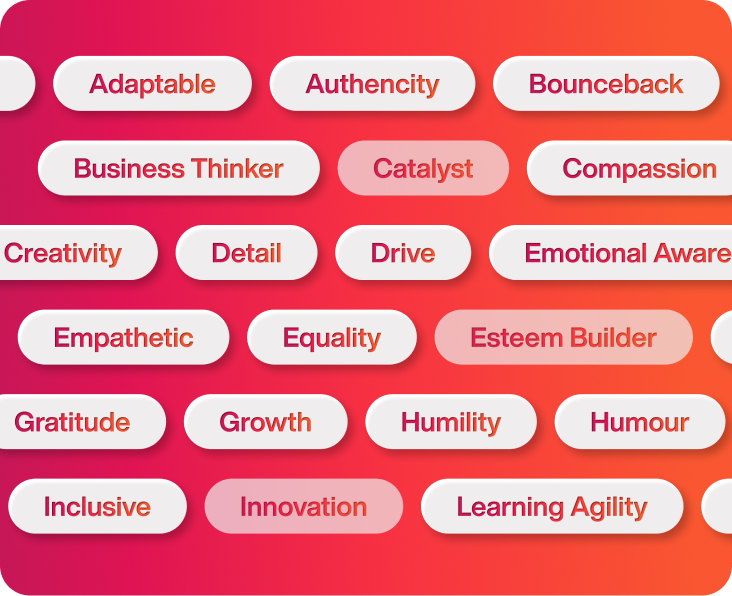Main Menu






Pre-Skill Plus offers user insights and interview preparation to talent often overlooked by traditional talent attraction and recruiting programs. Pre-Skill Plus by Cappfinity provides 24/7 digital pre-skilling, reskilling, and upskilling workforce resources.